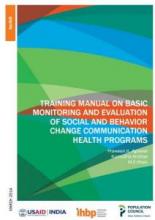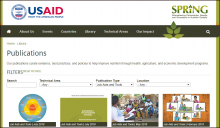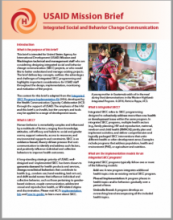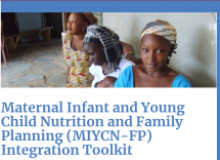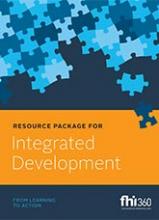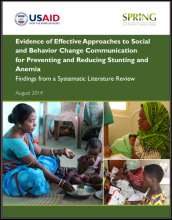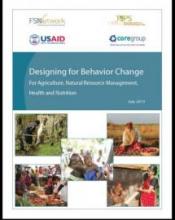Working Together: An integration resource guide for immunization services throughout the life course
This resource guide is intended for use by national managers from immunization, reproductive, maternal child and adolescent health and other related programs. It may also be useful for global, regional and country level policy-makers and partners responsible for the design, implementation, monitoring and evaluation of integrated services, policies or health systems strengthening. The guide aims to bring together a range of relevant resources, summarize current knowledge and provide guidance on the integration of immunization with other health interventions, health policies or activities to strengthen health systems. The guide applies existing academic literature on integration. Included in the guide is information on the interventions, or packages of interventions, that might be integrated with immunization and a summary of documented country experiences.


